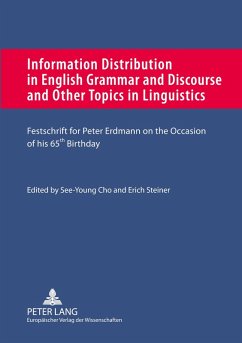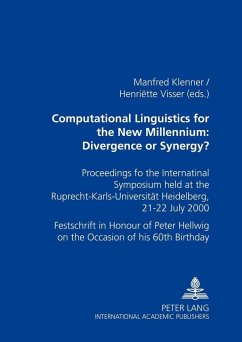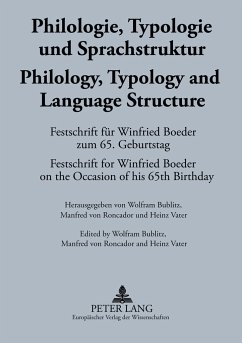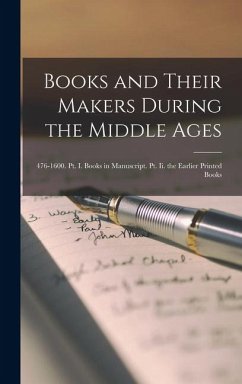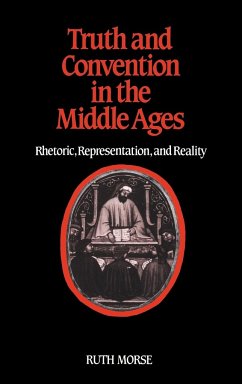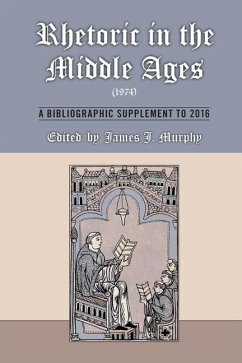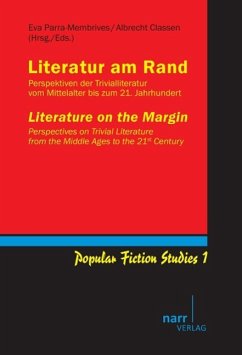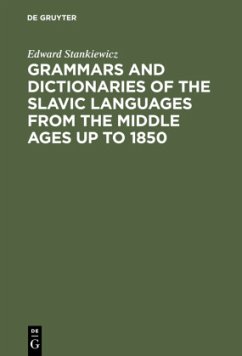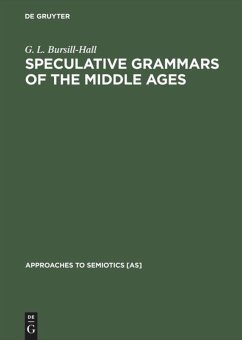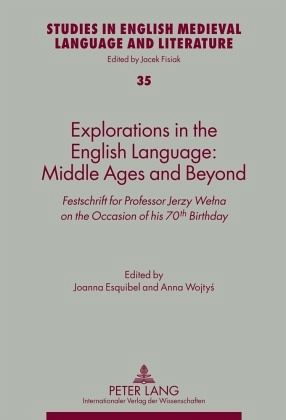
Explorations in the English Language: Middle Ages and Beyond
Festschrift for Professor Jerzy Welna on the Occasion of his 70th Birthday
Herausgegeben: Esquibel, Joanna; Wojtys, Anna
Versandkostenfrei!
Versandfertig in 6-10 Tagen
95,75 €
inkl. MwSt.

PAYBACK Punkte
0 °P sammeln!
The volume, inspired by Professor Welna's life-long studies in historical linguistics, brings together scholars researching topics in various fields of the history of the English language. Nine chapters devoted to different linguistic disciplines gather articles covering sound and spelling changes, historical word-formation processes, selected semantic domains, and manuscript variants. In the broader perspective the book addresses the history of linguistic thought with authors incorporating different tools of analysis in historical research.



